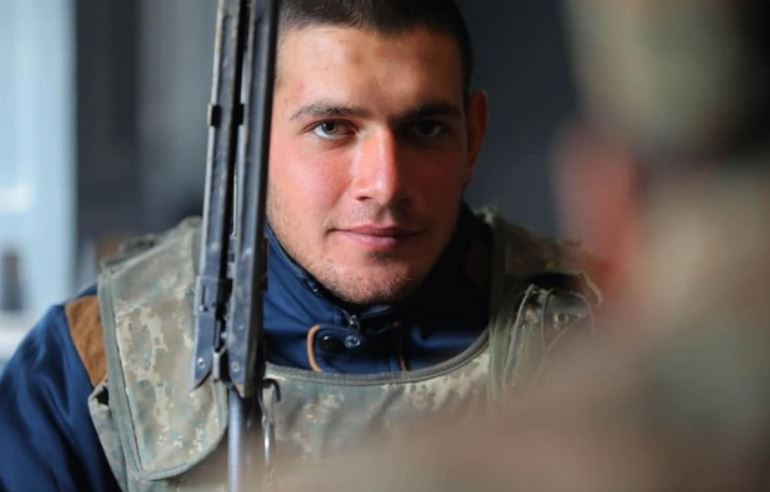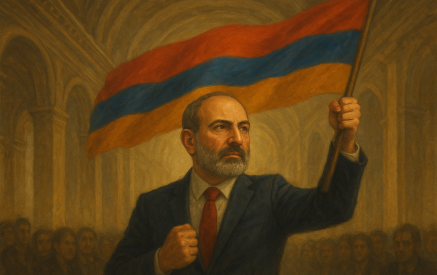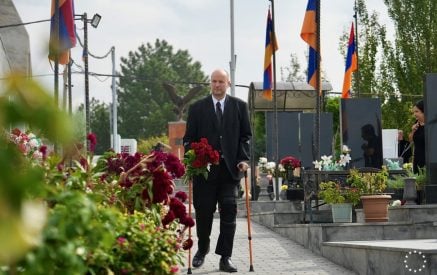Yesterday was the 30th anniversary of the formation of the Armenian Army. It was celebrated modestly, simply by the visit of state and political figures to Yerablur. To be honest, I wanted to write about it in my previous editorial, but it didn’t work out. It is very difficult to avoid pathos with accusations or excuses. Talk on Army Day about who is to blame for this situation? The situation is such that the search for the culprits “does not cool the heart.” This search for politicians or overly politicized people, unfortunately, helps us to forget about the situation, but it does not help me personally.
It seems to me that not the army, not even the state has been hit; the national identity is in a state of crisis. Let’s try to answer the following question honestly: Can we say with the same pride after meeting a foreigner after November 9, 2020, “We are from the nation of Marshal Baghramyan and Monte Melkonyan?”
Have the characters of these heroes faded during this time? Of course not: we have faded. Can people say with the same confidence, “I remember and I demand?” Or maybe they were not honest then? Today, the authorities, resorting to petty cleverness, remind us that “Armenia has never set the recognition of the Genocide as a precondition.”
Of course not. But that is not the point at all. The point is that Turkey has always set the denial of the Genocide as a precondition. Now, if it is officially said that “remembering and demanding” is no longer relevant, that the “Pan-Armenian Declaration on the 100th Anniversary of the Armenian Genocide” in 2015 was wrong, and we are guided by a completely different concept, it would be a really “happy” step by the government; it would be more “daring” than talking about “robbery” every day to no one.
Read also
I do not have the final answer to those questions. Until November 9, 2020, I was convinced that pride in our victories, the preservation of our achievements, and the memory of the Genocide formed the basis of our current national identity. But after the 2021 elections, I think that maybe I was wrong, and that, at least, the majority of Armenian citizens live with completely different values.
Again, the point is not to blame anyone. There are no definitive answers to these questions. They should be discussed honestly, not trying to stifle each other with pathos. It is important to remember that national identity is not something that was established 5,000 years ago and has remained so forever. It changes under the influence of key events in history. Such events have taken place in the last year and a half.
Aram Abrahamyan























































